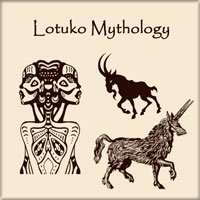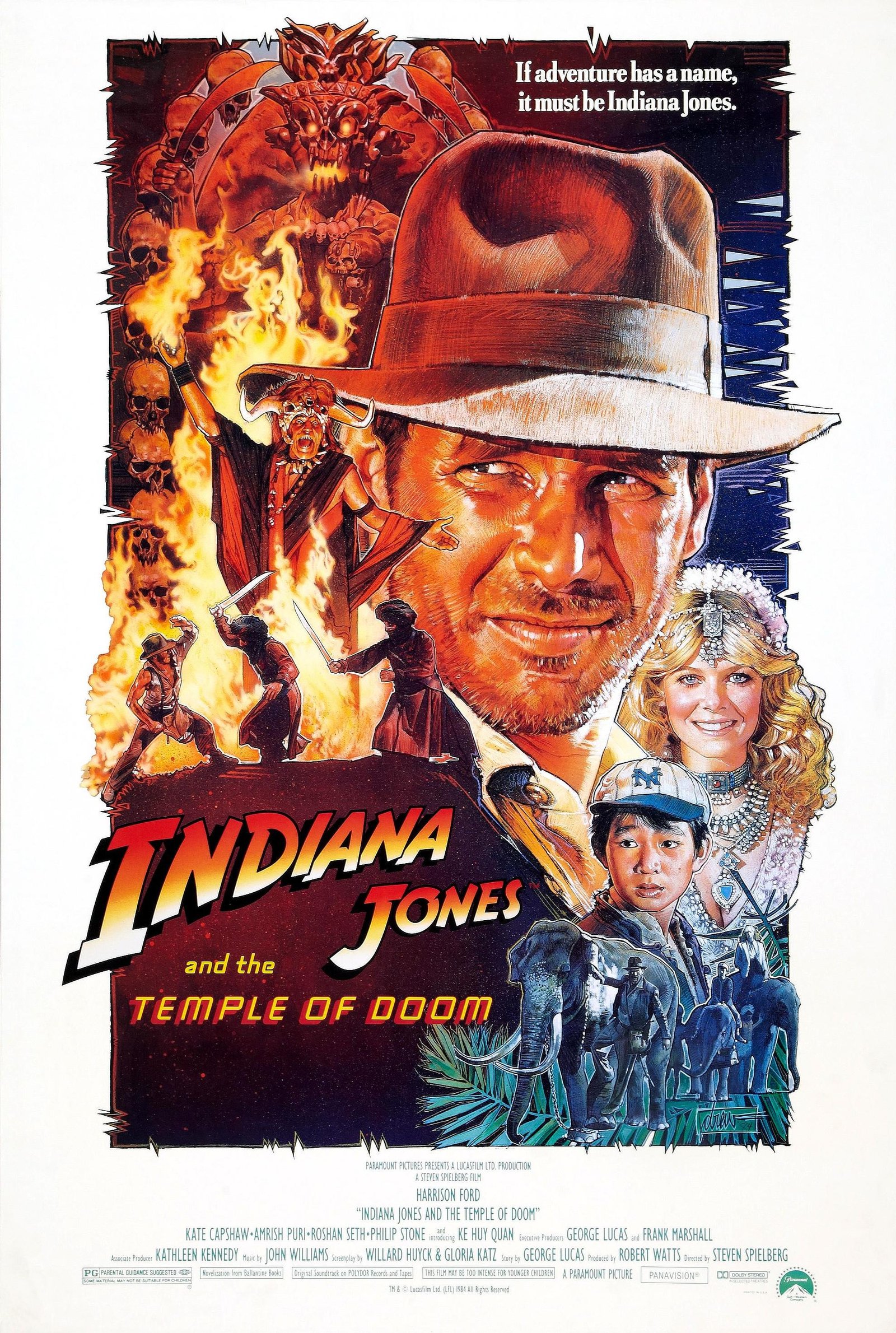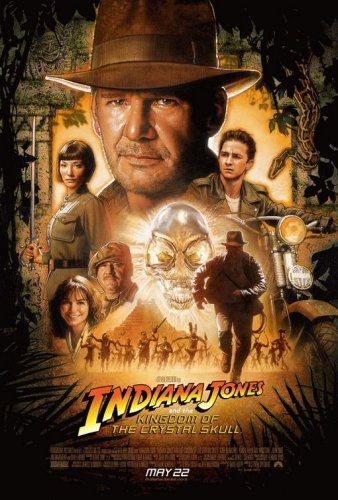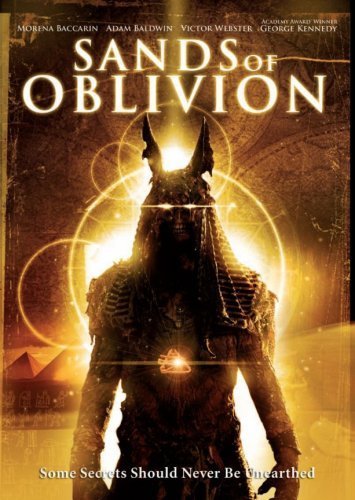Lotuko Mythology
Lotuko Mythology
east-africa

The Lotuko people are an ethnic group that live primarily in the Eastern Equatoria state of South Sudan. I couldn't find enough information about their mythology. However, the Lotuko people have a rich oral tradition that includes stories, fables, proverbs, and riddles, which are passed down from generation to generation. These stories often involve animals and spirits, and they are used to teach moral lessons and explain the origins of the Lotuko people and their customs. Lotuko people have a strong belief in traditional religion, ancestor worship and animism.
Top myths of Lotuko mythology
The Creation of the World
This myth tells the story of how the world was created by the god Akuji. He created the earth and the sky, and then filled the world with plants and animals. This myth teaches the Lotuko people the importance of respecting nature.
The Origin of the Crocodile
This myth tells of how a crocodile came to be. It is said that the god Akuji created the crocodile from a piece of wood. He then gave it the power to protect the people and their land.
The Great Flood
This myth tells of a great flood that wiped out all of humanity. It is said that the god Akuji sent the flood to punish mankind for their sins. The Lotuko people use this story to teach their children the importance of obedience and respect.
The Battle of the Sun and Moon
This myth tells of a battle between the sun and moon. The sun and moon fought for many days, until the sun was victorious. The Lotuko people believe that this story symbolizes the constant struggle between good and evil.
The Story of the First Man and Woman
This myth tells the story of the first man and woman. It is said that the god Akuji created the first man and woman from a piece of wood. This myth teaches the Lotuko people the importance of family and the value of human life.
The Origin of Death
This myth tells of the origin of death. It is said that the god Akuji created death in order to keep balance in the world. This story is used to remind the Lotuko people of the importance of living life to the fullest.








